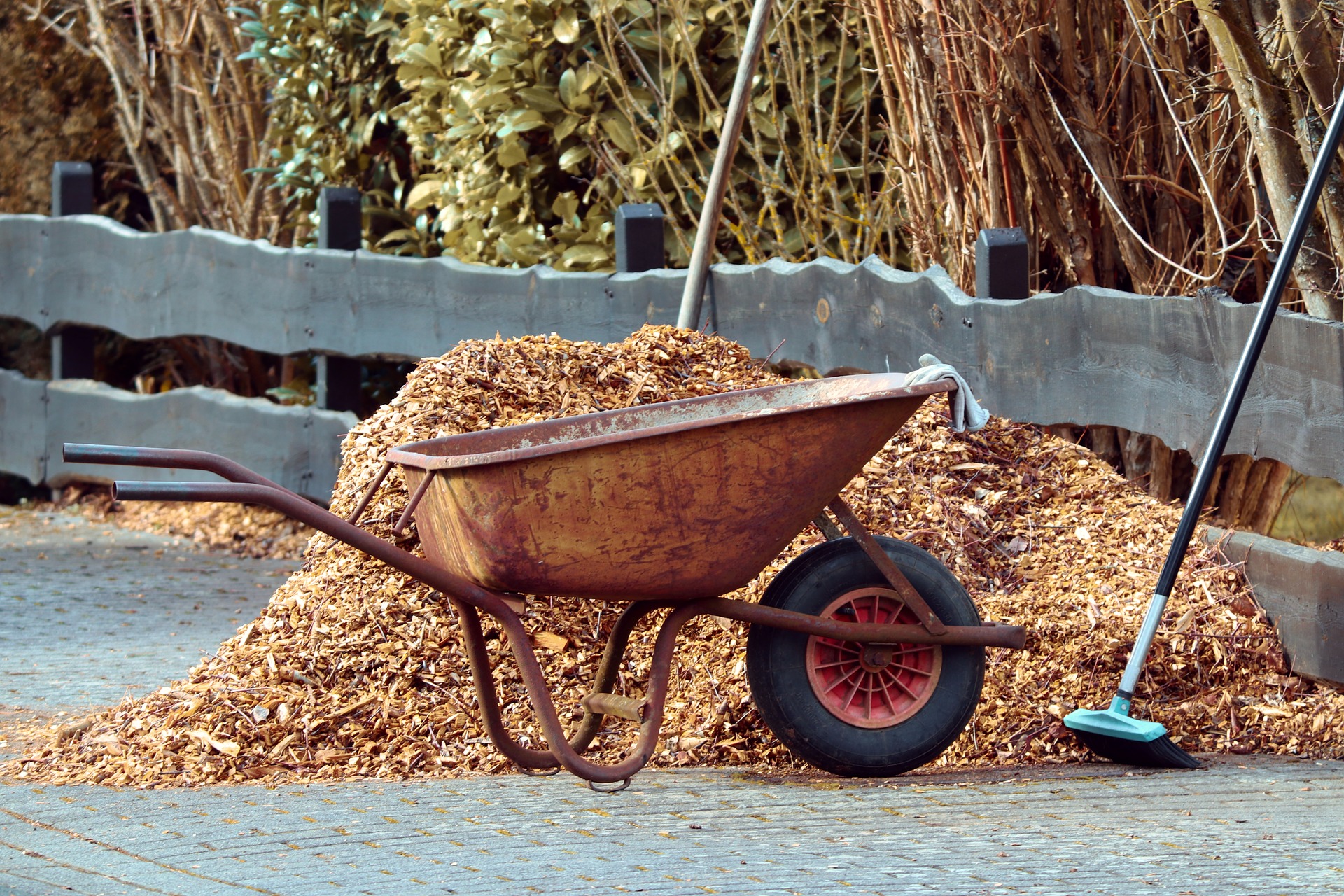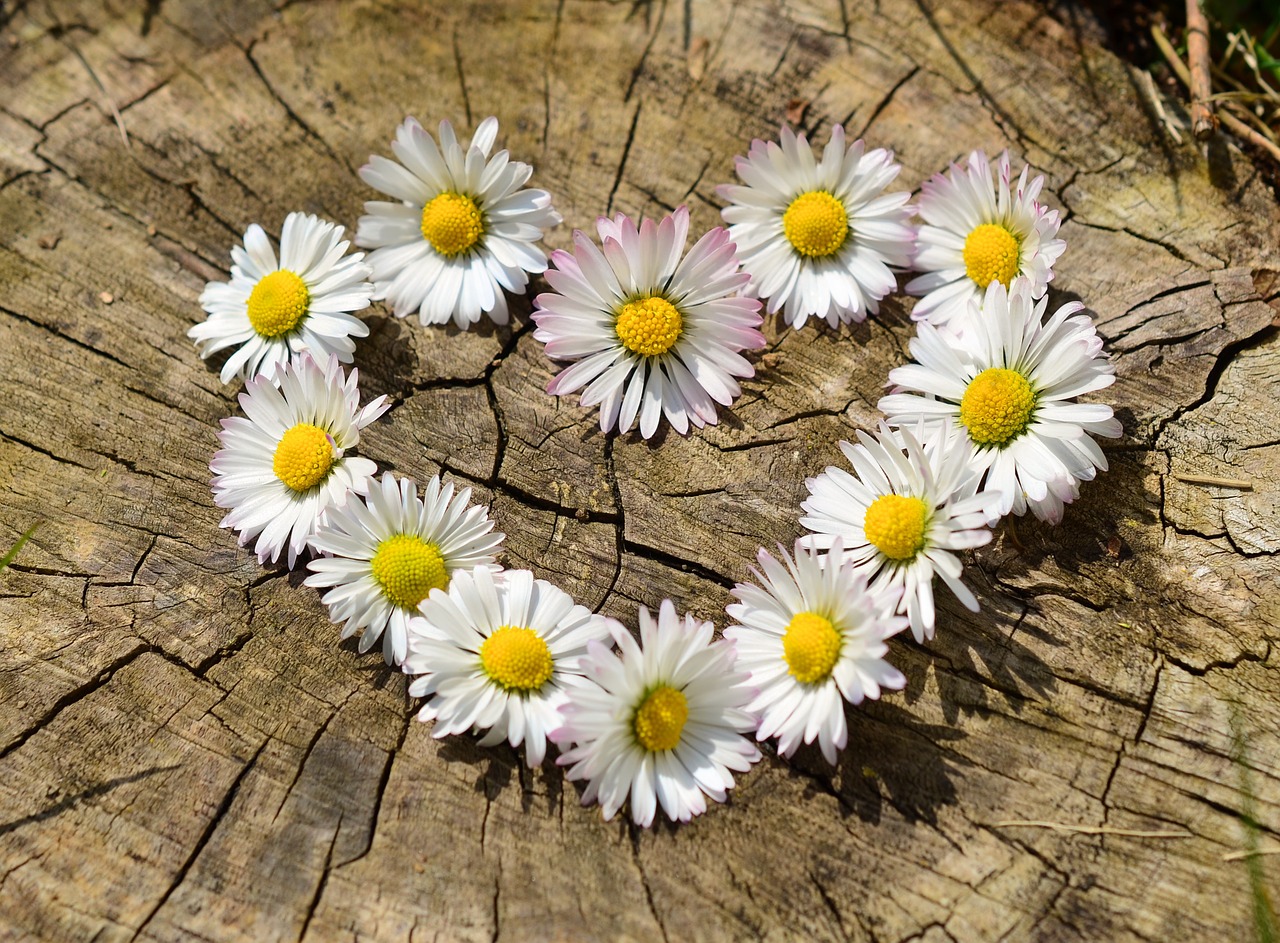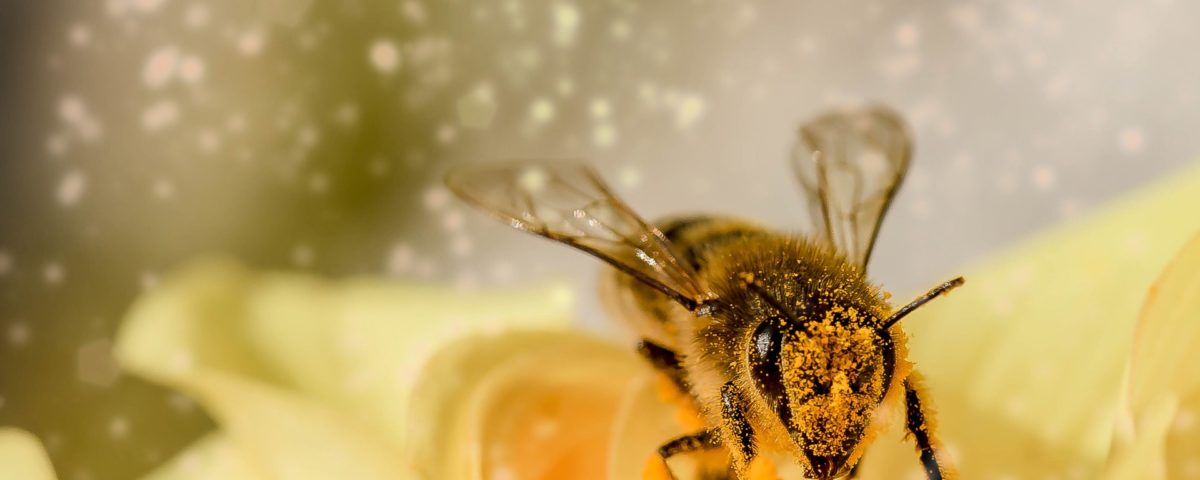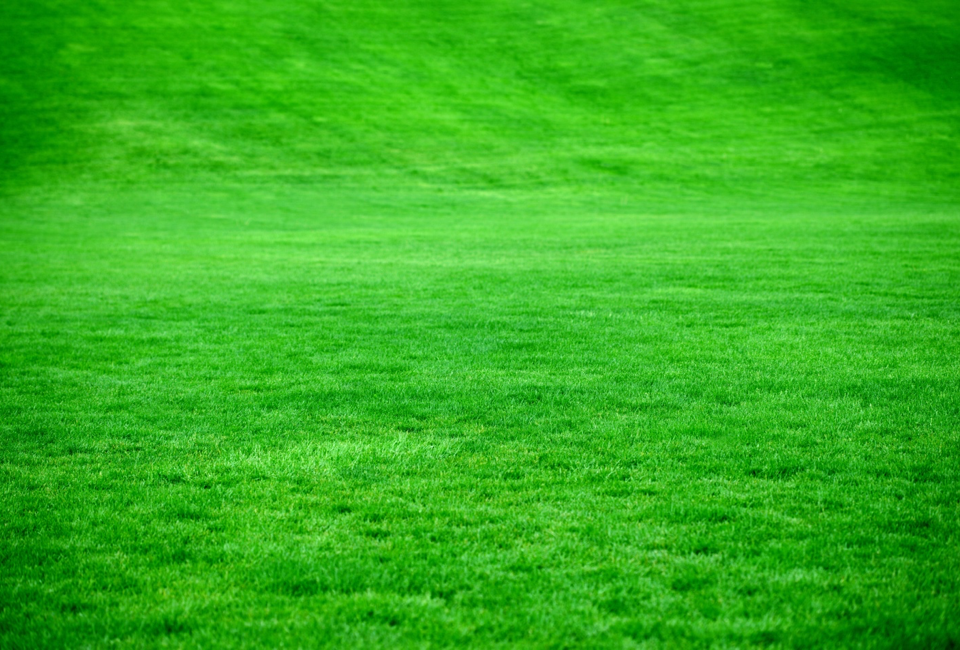
Avoiding Poor Mulch Practices
June 3, 2019
Surprising Things to Know About Your First Garden
June 3, 2019Getting that perfect garden or landscape that you’ve been dreaming of requires spending a fair share of time outside. When you really start seeing results, it ends up being worth all of the effort. If you are someone that is truly dedicated to landscaping and gardening, you will be spending time in the great outdoors and will probably encounter a variety of different creatures. One of the inevitable things that will occur with these encounters is getting stung by a flying insect such as a bee or a wasp. These insects are found in any healthy garden and shouldn’t be treated as pests. They actually help to pollinate your garden and keep plants healthy.
Getting stung by one of these flying insects is certainly an unpleasant experience. It can even be life-threatening for people that are allergic to bee stings. If you know you have an allergy and get stung by a flying insect, use your Epipen or call 911 right away for help.
For the people out there that aren’t allergic, getting stung by a flying insect while gardening isn’t that big of a deal. You might experience some pain for a little bit that can initially be disorienting, but that’s about the worst of it. There’s no need to exterminate these insects or get angry at the fact that you got stung. Simply accept the fact that you encountered a creature in its natural habitat and take a few steps to alleviate the pain. Keep reading on below to learn about what to do when you get stung while you are gardening.
1. Stay Calm and Identify the Sting
The first thing you should do if you get stung by a bee or flying insect while you are gardening is to remain calm. It might be a bit shocking at first to deal with the pain, but it’s always a good idea to stay focused and try to keep your cool. Identifying what type of insect stung you should be your priority. That way you can see if there is a stinger that might need to be removed. Getting stung every now and then is just part of gardening and being outside, so don’t get angry or anxious if you do get stung.
2. Pull Out the Stinger
The next step to take after you get stung is to find the stinger and pull it out. If you don’t, your sting could get infected and require medical attention. If there is a venom sac attached to the stinger, avoid squeezing it at all costs. Otherwise, you could end up with more venom in your sting. Flick them away with an object like a credit card to get rid of them.
3. Watch for Allergic Reactions
Sometimes, you don’t know that you are allergic to a certain insect sting until it’s too late. If you get to a point where you have trouble breathing or experience lots of swelling, you should reach out for medical attention immediately. The most likely scenario is that you will just experience a moderate amount of pain and swelling near where you got stung. This will go away in a few days and is nothing to be concerned about.
4. Treating the Sting
There are a few things you can do to treat your sting and reduce the amount of pain you have to deal with. If you got stung by a bee, look for antihistamines like Benadryl that you might have around the house. Ammonia is another way to counteract the venom from a sting. You can also place ice around the site of the sting to reduce the swelling from the sting. Take it easy and relax so that your body will be able to recover from the sting quickly.
Getting stung by flying insects is part of the experience of gardening and landscaping. Think about it, you are working outside right next to a major food source for these insects. It’s only logical that you will get stung at some point. However, there are a few things you can do to reduce your chances of getting stung while in the garden. Try to avoid wearing clothing that is bright and might attract insects like bees. Bright colors like red, orange, and yellow might attract these bees and increase your chances of getting stung. Also, avoid wearing sweet smelling perfume when you are working in the yard outside. This can attract bees since it smells similar to the pollen that bees love.
Even though we know that bees and flying insects are out there and a real possibility of being stung, we still love spending time outside on our gardens and landscapes. Don’t let a minor sting deter you from doing what you love. Also, always keep in mind that bees are a good sign because they help your plants and flowers get pollinated and reproduce. Flying insects are simply a normal part of a healthy plant ecosystem. If you are interested in taking your landscape or garden to the next level, head over to Cal Blend Soils today. We can provide you with the best quality landscaping products on the market. We can even deliver our landscaping supplies to the location of your choice.


